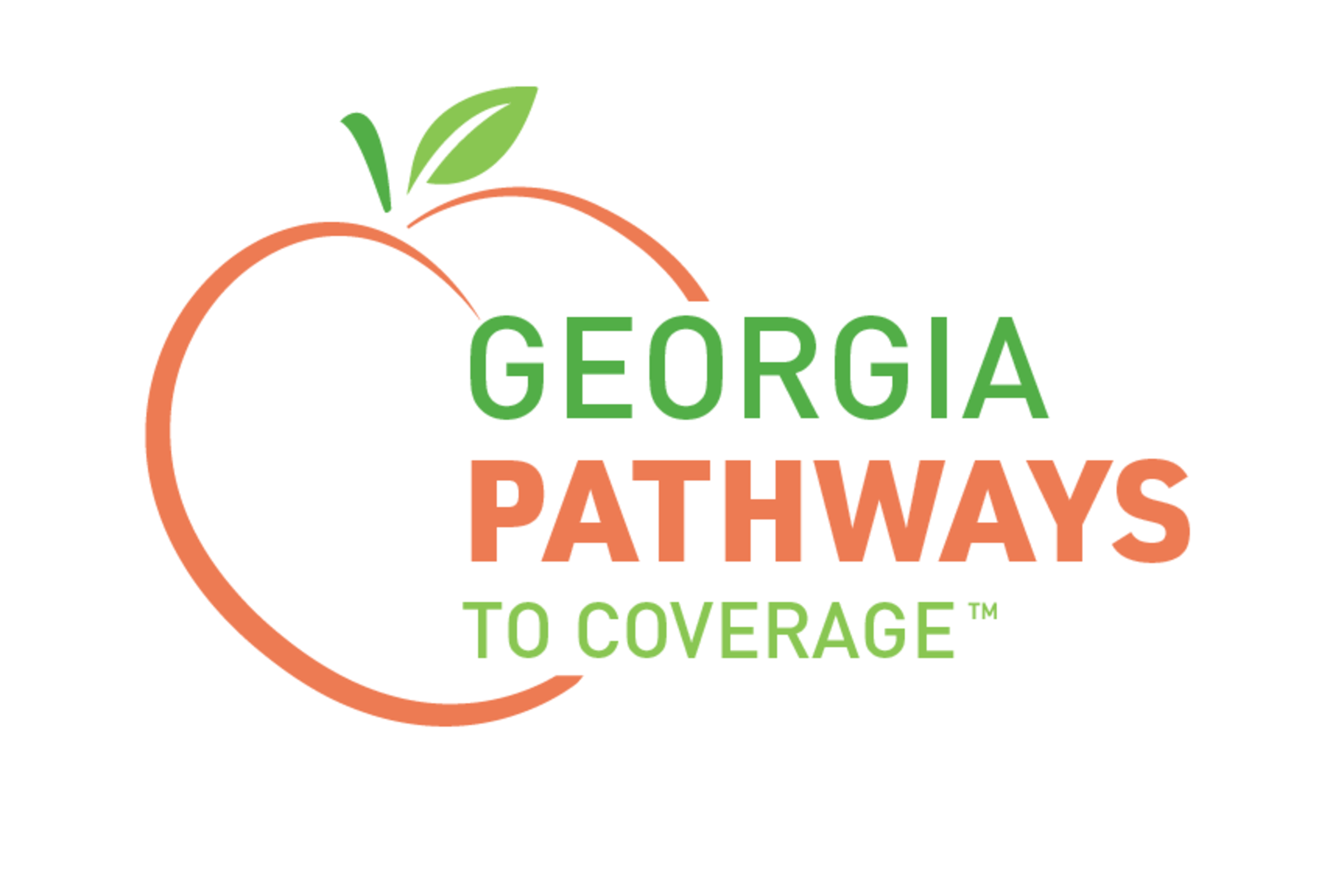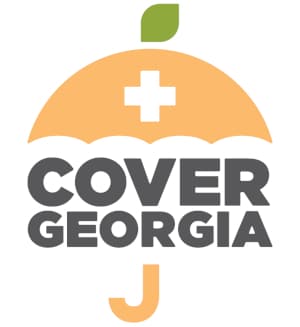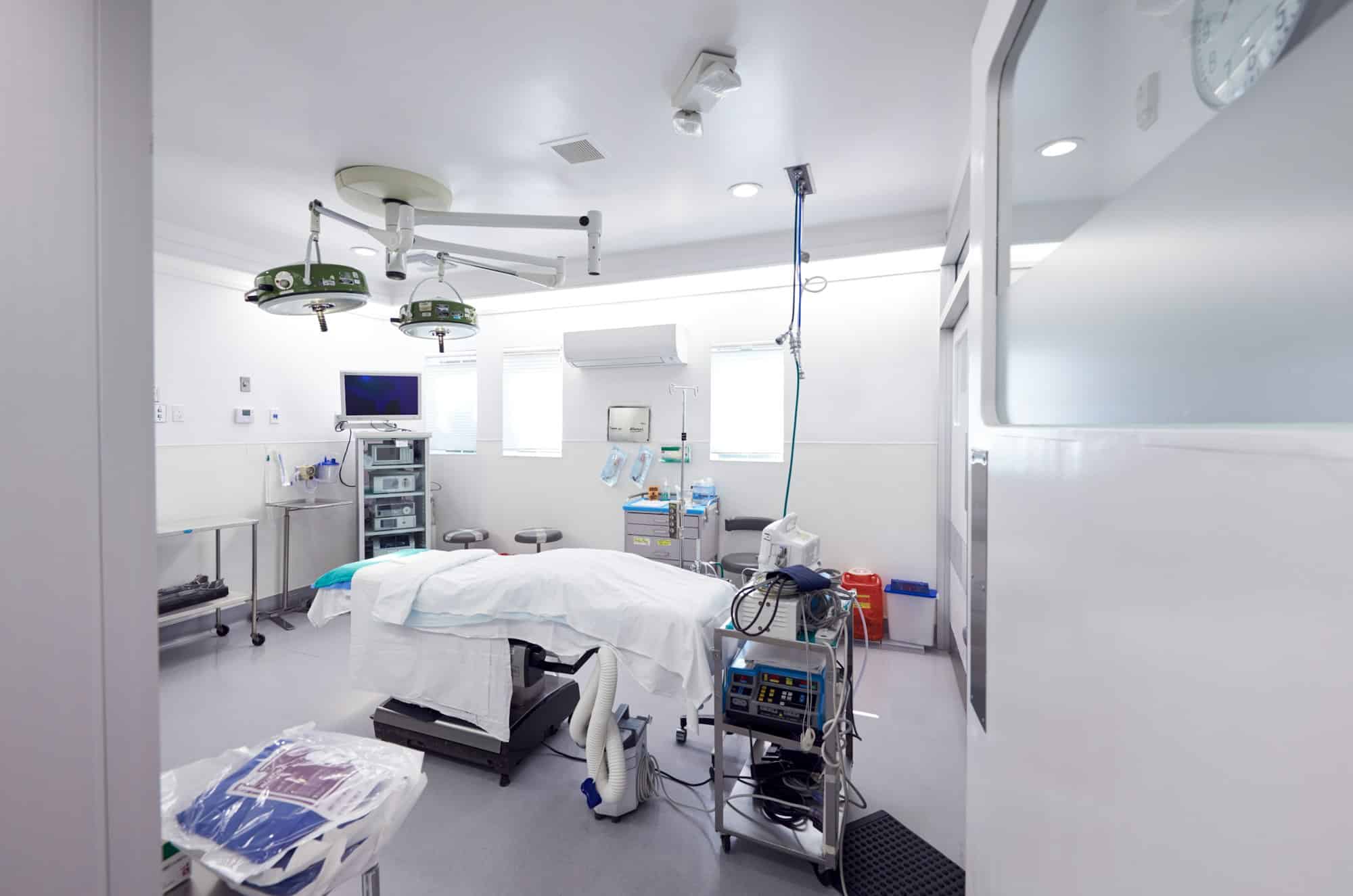Since 2010, 10 rural hospitals have closed in Georgia. That puts Georgia fifth in the nation for hospital closures. Rural hospitals in states that have not expanded Medicaid to low-income adults are more likely to close, shutting off access to care for their communities and residents.
When a hospital closes in a rural community, the effects ripple through every aspect of community life. The hospital’s doctors and nurses move to other communities. Residents are left without access to emergency care and other important health services. The businesses around the hospital may close—a local pharmacy, the downtown diner, or the florist. Jobs are lost and businesses become reluctant to move to the area because it lacks health care.
Jimmy Lewis, CEO of HomeTown Health representing rural hospitals, explained to lawmakers that Medicaid expansion is key for rural hospitals to succeed in Georgia.
Georgians in every corner of our state deserve local health access. Medicaid expansion is an essential support that rural hospitals need to keep their doors open for the health and well-being of their rural neighbors. It would also enable doctors and nurses to sustain their practices in rural areas and care for rural patients.
Medicaid expansion would ensure that every Georgian has coverage and can access care when they need to without worrying about unaffordable medical bills. A higher proportion of rural Georgians would gain coverage compared to non-rural Georgians.
Hear from Georgians about the impact of rural hospital closures
As both videos show, when a hospital closes in a rural community, the effects ripple through every aspect of community life. The hospital’s doctors and nurses move to other communities. Residents are left without access to emergency care and other important health services. The businesses around the hospital may close—a local pharmacy, the downtown diner, or the florist. Jobs are lost and businesses become reluctant to move to the area because it lacks health care.
Watch the Glenwood and Cuthbert stories on our Georgia Can’t Wait page. Learn more about how communities struggle when hospitals are allowed to fail, in part because of our leaders’ refusal to expand Medicaid to their uninsured constituents. If you live (or used to live) in a community whose hospital has closed, share your story here.
.png)
Georgia Pathways to Coverage Program launched July 1st!

Uninsured Georgia adults (ages 19-64) with incomes at or below the poverty level can apply for Medicaid coverage if they meet stringent work or other requirements. If you think you may qualify, visit gateway.ga.gov to apply for coverage.
For help with your application, reach out to GHF’s Health Insurance Navigators, Angelica Rivera and Deanna Williams. They can also answer other questions about your health insurance options.
Want to learn more about Pathways?
Cover Georgia and Georgians for a Healthy Future have put together a few new resources to help partners and Georgians understand and get enrolled in Pathways.
- Uninsured in Georgia? flier–learn who qualifies and how to apply for Pathways. We also included an easy-to-understand chart about how Pathways compares to Medicaid expansion on coverage, costs, and care. Print, share, and help Georgians get enrolled (and take action for Medicaid expansion)!
- Pathways vs. Medicaid expansion comparison graphic–share it on social media (like we did here!)
Want to do more to learn more about Medicaid?
Find out who is already covered by Medicaid in Georgia, how Medicaid benefits our health care system, and much more with these resources:
- Medicaid renewals (also called “redeterminations”) are happening for all Medicaid members this year! Learn more on GHF’s landing page.
- Medicaid in Georgia
- Fast Facts for Medicaid Expansion
- Medicaid Matters for Georgia fact sheet
- Georgia Can’t Wait mini-documentaries about Glenwood & Cuthbert, Georgia
- Learn about Medicaid renewals and find resources to help spread the word to 2.7 Georgia Medicaid members!
Spread the word on social media! Share one of our Facebook, Twitter or LinkedIn posts and let others know that it’s time to take action on Medicaid expansion!

